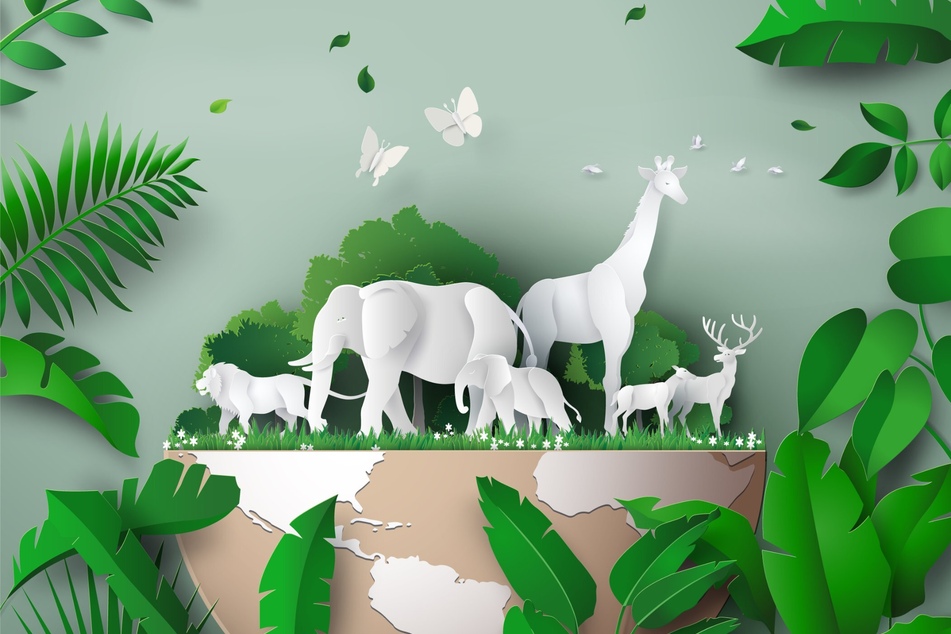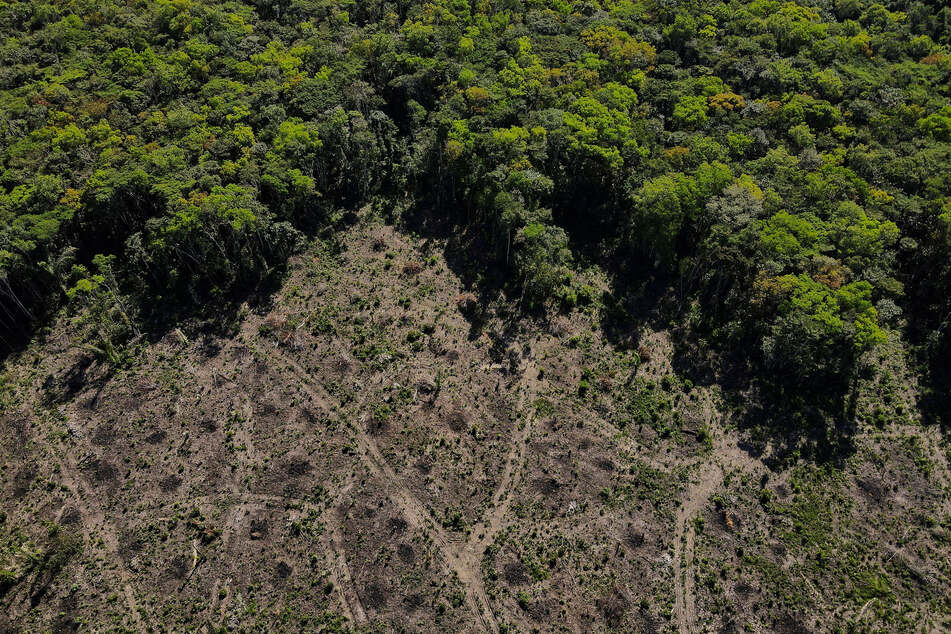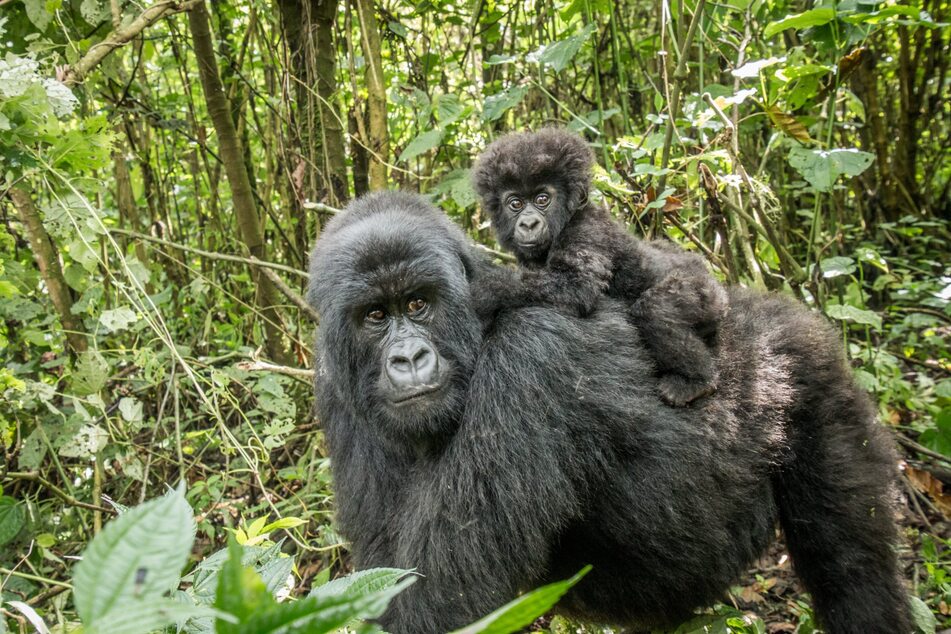Wildlife populations have fallen by a shocking percentage in the past 50 years
London, UK - Global wildlife populations have fallen by nearly 70% in less than 50 years, according to a new study, as conservationists call for immediate action to halt the nature and climate crises.

WWF's latest Living Planet report assesses the abundance of almost 32,000 populations of 5,230 species of animals, birds, reptiles, amphibians, and fish around the world and how they have changed over the decades.
It reveals population sizes declined by 69% on average between 1970 and 2018. This was driven largely by the loss and break-up of natural habitat for agriculture, but also climate change.
Species in freshwater lakes, rivers, and wetlands have been hit the worst. They've declined by an average of 83% since 1970.
The worst cases, per the report, are found in Latin America, home to the world's largest rainforest, the Amazon. There, the increasing deforestation is destroying trees and the species that rely on them.
Wildlife population sizes in the region have declined by 94% on average in the past half century, the report said.
WWF says if we lose the Amazon, we lose the flight

Experts said the Amazon is fast approaching a tipping point where it will cease to be a functioning rainforest. Without it, they warn, the world won't be able to avert dangerous global warming.
If "we lose the Amazon, we lose that fight" against climate change, WWF chief executive Tanya Steele said. "Despite the science, the catastrophic projections, the impassioned speeches and promises, the burning forests, submerged countries, record temperatures, and displaced millions, world leaders continue to sit back and watch our world burn in front of our eyes."
"The climate and nature crises, their fates entwined, are not some faraway threat our grandchildren will solve with still-to-be-discovered technology," Steele added.
Mike Barrett, executive director of science and conservation at WWF, said the two crises of nature loss and climate change are two sides of the same coin.
Most natural systems store carbon and all of them are important for tackling climate change. The models for dealing with climate change assume there is more rather than less nature to combat the rising temperatures. Barret warned: "At the moment we are losing nature still, so we're heading the wrong way."
Every year, 10 million hectares of forest is lost, an area around the size of Indiana, hitting the climate, food security and millions of people's livelihoods.
Some good news for wildlife populations amid the gloon

Despite the bleak outlook, there are some bright spots of wildlife populations bucking the declines.
Trumpeter swans are making a comeback in the US and Canada.
Between 1999 and 2015, thanks to targeted conservation efforts, the number of loggerhead turtle nests, has increased 500% on Cyprus's coastline.
In Britain, once-extinct common cranes have been reintroduced, and the population has grown to 200. In the east African Virunga Mountains, conservation efforts have increased mountain gorilla numbers from 480 in 2010 to 604.
But Barrett warned that conservation efforts aren't enough, and governments can't just make a deal in Montreal to enough cash to protect 30% of the planet. "Leaders who are there have got to think about what's happening in the other 70% of the planet," he said.
The report is a warning and shows the need for "game-changing shifts" in food and commodity production and consumption. WWF also stressed that, to restore nature, the rights and leadership of indigenous peoples and local communities around the world has to be recognized and respected.
Cover photo: 123rf/thanaphiphat

